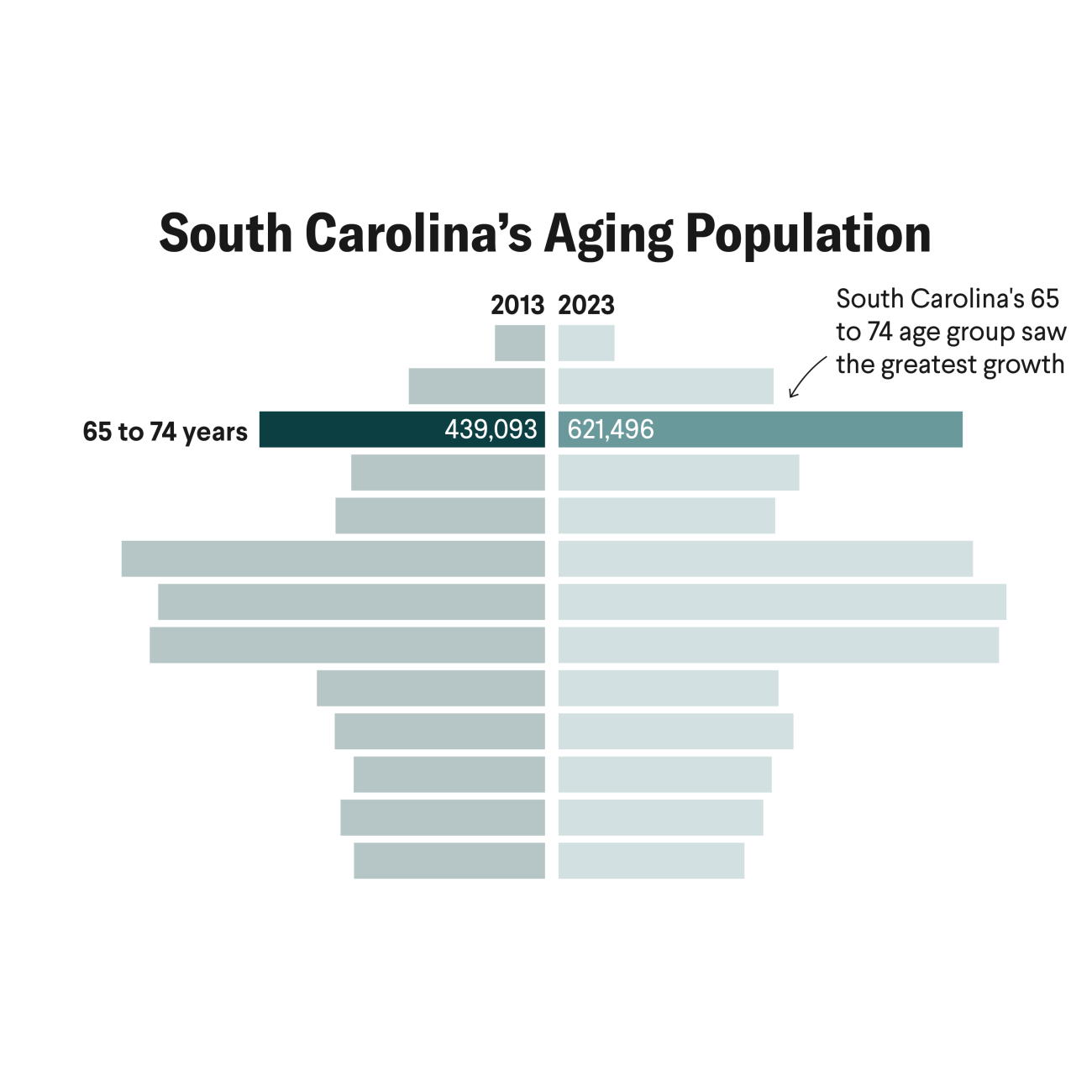In my 25 years as a physician, I have given out my share of bad news and heard unforgettable tales of heartbreak. I have supported people into their end of life, but nothing prepared me for the Los Angeles fires in January and their aftermath. As thousands of Angelenos scour the ashes of their homes for treasures lost in the fires, I have been desperately searching for my patients.
As a neurologist who specializes in Parkinson's disease, I am often the only touchpoint for my elderly patients, many of whom are socially and physically isolated, and in their 80s and 90s.
Elderly African American men living with diseases such as Parkinson's and dementia are most at risk for dying in heat waves and fires because they check every box for being at risk for social isolation. They are old, sick, and minoritized, have a history of trauma, and are on the wrong side of the digital divide. Many live paycheck to paycheck and do not drive. They lack a safety net and do not have access to mental health or social support resources. They have survived a world war, trauma, and a pandemic. Although I have published on proactive measures people can take during heat-related disasters to help those living with neurodegenerative disease, the tragedy from the Los Angeles fires left me entirely helpless.
State and federal governments do not run a system for tracking patients who have been evacuated. As news emerged of people in Altadena being evacuated to churches and shelters around the city, I gathered a list of my patients by zip code and called 30 patients in the evacuation zone to try to track them down. I could not reach a third in those first few days of the fires, and as of writing, some are yet to be reached.
My first call encountered an automated message: "You have reached a number that is no longer in service. Please check the number and try your call again."
This happened over and over. I'd call, but the number was out of service or no one answered—even the handful of patients with listed next of kin.
Patients who lost their homes had to evacuate in the middle of the night and were unable to grab any belongings or medications. One patient I did locate expressed relief because he had lost his medications in the fire and could not remember how to reach my clinic.
Others recounted similar stories. They departed their homes in a rush and were evacuated to a hotel somewhere in the Los Angeles area—not knowing where they were, lost in unfamiliar surroundings.
An elderly couple, patient 21 and his wife, who have been married for 60 years and always squabble during their doctor's visits, said over the phone that they had lost their home, were living in a hotel, and had never spent so much time in such a small space. He, a retired bus driver, enjoyed his garden and his books and records.
His wife enjoyed her independence, hanging out on the porch with friends and baking. Their routine allowed them to enjoy hobbies and difference and yet find joy in their home. When I spoke to my patient, I could hear his wife in the background yelling at him: "Stop talking. I need some peace and quiet." Her words conveyed the tension of the situation.
Physicians can be the only lifeline some patients have to the outside world
Another evacuated patient broke my heart. He is 86 and said he just wanted to die in his house. Now he is stuck in a hotel room in a nearby city he cannot place on a map. He sounded so tired and was trying to make sense of why this tragedy had happened to him and his community. "We are good people, and we worked hard and we never hurt anybody. It's not fair," he said. "I just don’t have the energy to start over."
Although the process was stressful, it was a relief to reach some of my beloved patients and learn how they were faring. I tried my best to plug them back into services so that they could access medications and other resources. The circumstances demonstrated how vulnerable many patients are and how resilient they can be.
To ensure that no patient is left behind in the event of a natural disaster, clinicians should screen for loneliness using a brief questionnaire such as the UCLA three-item loneliness scale, reviewing it along with a patient's social history and rechecking both annually. Inquiring about social support and how patients connect with others can help patients identify family, friends, or neighbors who can check in on them and encourage them to keep in touch with those people. Clinicians can also work with support groups or community groups to keep lists of the most vulnerable patients. They should proactively call these individuals to warn of impending disasters such as heat waves or fires.
Physicians can be the only lifeline some patients have to the outside world. The Los Angeles fires also speak to the need for people to stay connected within their communities and look out for their neighbors, especially the ones who are most isolated and forgotten.
As the last patient told me, "At the end of the day, all we have is each other, Doc. Nothing else really matters."



